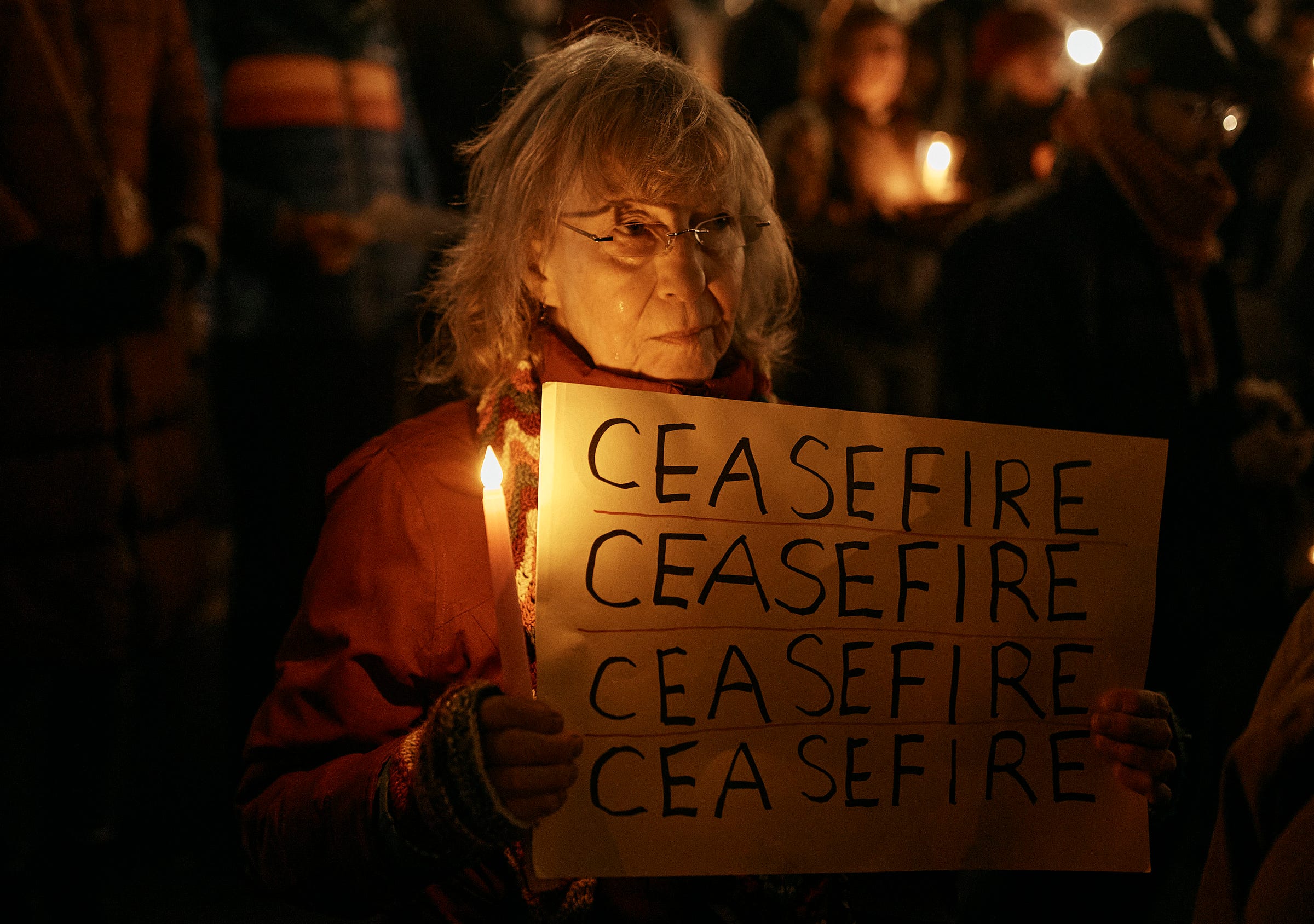Unsettling Advent 2023, Day 19
“Hope that is seen is not hope; for why does one still hope for what he sees? But if we hope for what we do not see, we eagerly wait for it with perseverance.” (Romans 8:24-25)
In this season of Christmas, our hearts are burdened with the weight of sorrow and hope, echoing the cries from a war-torn land where sadness, anger, and hatred prevail. As we mourn the innocent lives lost, mostly children and women, we find ourselves reflective in a scene reminiscent of the biblical context into which Christ was born — a time of spiritual darkness and oppression under Roman rule.
The echoes of despair and grief resonate loudly, much like the biblical verse: “A voice was heard in Ramah, weeping and loud lamentation, Rachel weeping for her children; she refused to be comforted because they are no more” (Jeremiah 31:15). Yet, in the midst of this despair, we are reminded of the profound promise that the birth of Christ brought — a promise of a brighter future.
Jesus emerges as the Prince of Peace in a world torn by turmoil and division, tearing down the walls that separate us, offering redemption, and providing the assurance that we are not alone, for Emmanuel means “God is with us.”
This Christmas, as we navigate our grief, we hold on to two divine gifts: the presence of God and the gift of hope.

Jesus, who came to be present with us, walks with the oppressed, the marginalized, the sick, the children, and the outcasts. In the valley of the shadow of death, his healing and comforting presence bring hope to the suffering people — a hope that transcends earthly disappointments. In the midst of our pain and losses, we hold on to the promise that the current devastation is not the end of the story. God continues to write the next chapter, and those who trust in him believe that his goodness ensures. He is not only with us in our suffering but will bring justice and right all wrongs.
This Christmas, as we grieve, confront our fears, and accept our losses, it is not without hope. The gift of hope looks forward beyond our hardships, trusting in God’s complete sovereignty over tragedies and injustice. Despite the pain, we continue to believe that light can be reborn from the womb of darkness. Through us, Jesus will tear down the walls that separate us, inspiring us to resist evil with good and hatred with love, paving the way for a brighter future where Israelis and Palestinians peacefully live side by side.
Christmas reminds us it is precisely in the midst of the darkness of hatred that it is time for love to be born.
As we celebrate the birth of Christ, may we become beacons of hope, carriers of his light, and instruments of love in a world yearning for redemption. May we be inspired by the living hope that Jesus brings — a hope that, like him, is very much alive.
Dr. Rula Khoury Mansour is a Palestinian Christian Israeli citizen from Nazareth, founder and director of the Nazareth Center for Peace Studies, and associate professor of reconciliation theology and ethics at Nazareth Evangelical College.

